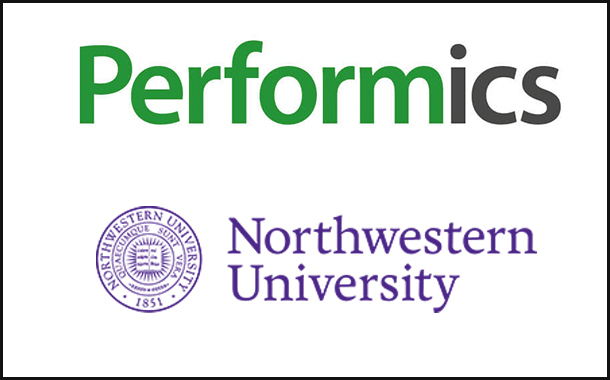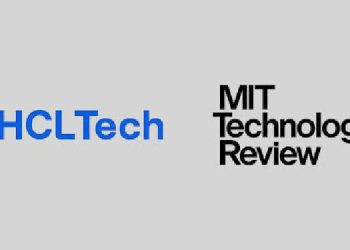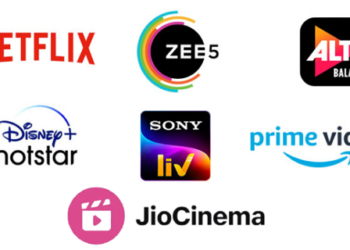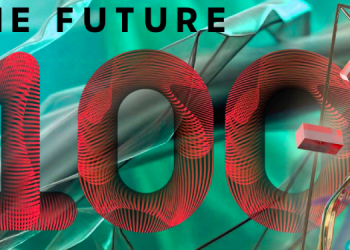In partnership with the Bing Search Network, the study finds that searchers with high purchase intent are 180% more likely to click on results with concrete words like “shop,” while searchers with browsing intent are 20% more likely to click on results with abstract words, like “best”
Chicago: Performics and Northwestern University, in partnership with the Bing Search Network, have released a new study showing how search query language indicates where a person is in theirshopping journey. The study also confirmed that aligning search results with the searcher’s distance to purchase significantly increases engagement.
The study was conducted by the Intent Lab, a research partnership between Performics and Northwestern University Medill School of Journalism, Media and Integrated Marketing. The Intent Lab collaborated with Microsoft to leverage searcher intent from the scale of the Bing Search network. The study comprised a comprehensive search query review, lab experiments and an ad intervention study on actual click-through rate (CTR) data.

“Our study found that a person’s search query can indicate their psychological distance to an action or goal, like buying something,” said Ashlee Humphreys, Associate Professor at Northwestern Medill. “We found that search queries that contain fewer concrete words and more abstract words, like ‘why,’ indicate an abstract mindset, which tends to occur early in the purchase journey. Concrete queries, like ‘shop,’ indicate a shorter distance to action. Study participants with a buying goal used search queries that were 15% more concrete (less abstract) than participants with a browsing goal.”
The study also found a match between search intent and likelihood to click on an ad:
- Participants with browsing goals were 20% more likely to click on search results that emphasized the word “best” (abstract word).
- Participants with buying goals were 180% more likely to click on search results that emphasize the word “shop” (concrete word).
- Participants with concrete words in their search query were also 135% more likely to click on retailer search results (vs. non-retailer results, where they’re not able to buy immediately).

“Search isn’t just a marketing channel for brands. It’s also a behavioral insights machine. Search query language uncovers consumer signals that can inform media planning and optimization in search marketing and beyond,” noted Esteban Ribero, SVP Planning & Insights at Performics. “Our study proves that marketers who identify the mindset of consumers by their search queries and match ads and experiences accordingly, will increase performance.”
As part of the study, Performics ran three live ad campaigns in the beauty products category, bidding on keywords with various levels of concreteness: “how” (most abstract), “best” (abstract) and “buy” (concrete). The study found a 17% increase in likelihood to click when matching concrete/abstract search keywords with the ad.
As a result of the study, Performics developed an Intent Scoring Algorithm that codes every search keyword in the advertiser’s account based on the level of concreteness/abstractness and then uses this measure to identify the consumer’s place in their buying journey. The alignment of keywords to intent mindsets allowed for more tailored ad copy, bids and landing page experiences that drove conversions and increased efficiency.
To learn more about the study and for more insights into consumer intent, visit The Intent Lab.

















